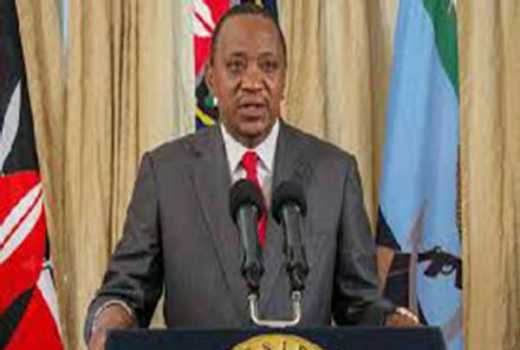×
The Standard e-Paper
Join Thousands Daily

Working with pastoralist communities several years ago, I was astonished to find a bridge in the middle of the desert. Baffled, I asked a local leader what was the reason for the bridge?
He explained that the seasonal river had meandered soon after the bridge was built leaving it standing all alone. Listening to the 2018 State of the Nation address, there are insights for those that seek to heal us and build bridges for a vibrant, ethical, non-violent and democratic culture.